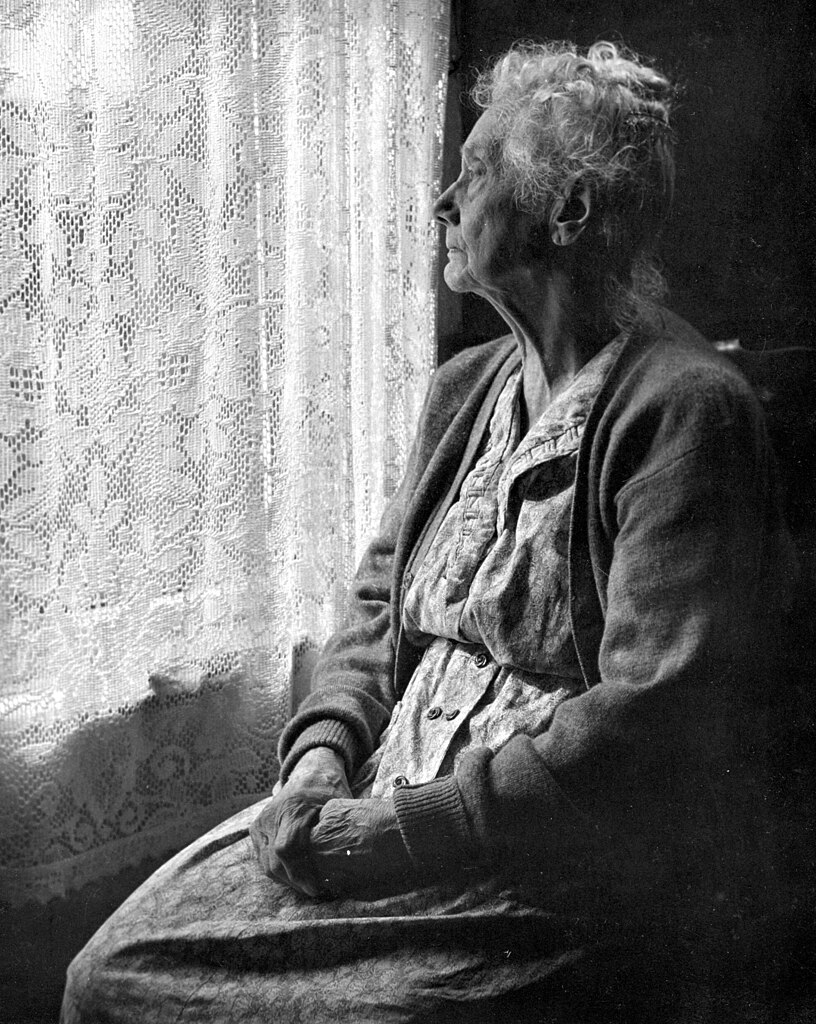
The Wisdom of Tenderness by Brennan Manning
A few weeks ago I wrote a review for Keeping the Faith and I panned it. I did need to find a book for a congregation member that’s been struggling with past abuses, though, so I reached out to some of my brother ministers for recommendations. One of the recommendations was this short book.
As I started reading it, I thought that it was emotional pap encouraging you to see yourself as good. I was ready to throw it in the garbage.
I’m glad I kept reading.
It starts out having the feel of sentimental drivel. But within a few pages of that, you see that while it may be using some of the same language, it is driven by a cross-centered Christianity that longs to connect the reader to Jesus and to show the ramifications of Christ’s love in the reader’s life.
The book speaks of the necessity of tenderness – but it begins with the tenderness Christ has for us. “There can never be another healer in the mess and madness of our postmodern world, because no one else has been there. Only Jesus Christ, ‘a man of sorrows and familiar with suffering,’ has carried our pain into the peace of grace. He has made peace through the blood of his cross” (52). The comfort I didn’t find in Keeping the Faith is front and center here. Manning continually points to the love Christ showed for us on the cross. He does not shy away from pointing to our sin and the need of Christ’s sacrifice. And then he shows the results of that love, that tenderness, in our own lives.
In fact, he pushes us to see ourselves in the harsh mirror of the Law. He reminds us that so often, we cover up our sins. He shows us that we don’t like dealing with ourselves as we really are, and even to God we present fake uses, asking forgiveness for sins that generally don’t really bother us. “When I present this false self in prayer, God doesn’t bless what doesn’t exist” (74).
He speaks well of the necessity of the Law to reveal how shallow we can be:
The omnipresent temptation of the superficial soul is to pretend that we’re sinners and to pretend we’re forgiven – it’s all pretense because the sins we acknowledge are not those that decimate us, and the forgiveness we claim is a sham because of our flagrant dishonesty with God and each other. … However, when the scourge of sin rips our life apart and the rawness of our spirit longs for the sweet salve of relief, we may stagnate between choosing to endure the shame or choosing to trust mercy and to internalize Julian’s words, ‘Our courteous Lord does not want his servants to despair because they fall often and grievously; for our falling does not hinder him in loving us.’ The grace for the latter choice is not denied to anyone ‘who cries out to him day and night, even when he delays to help them’ (Luke 18:7). (146-7)
He goes on to show the results of our sin isn’t “just” a matter of our relationship with God; it is terribly practical in how sin destroys us.
Sin is the starting point of all social estrangement. Every sin, even every sin of thought, leaves its mark on the psychic structure of the human soul. Every unrepented sin has a sinisterly obscuring effect on true openness. … Sin is antisocial; it locks us up in the prison of our own egoism. And that imprisonment bears grave consequences; insofar as we’re closed and incommunicative with others, our own personality is impoverished; when we can’t reach out to others in a meaningful gesture of love, our own humanity is diminished. Callousness seduces tenderness, and insensitivity becomes a lifestyle. (118)
Thankfully Manning doesn’t just diagnose the problem and then offer a quack solution. He shows us instead how Christ has been tender with us, even with his eyes wide open to our sin. He shows how while we were still sinners, Christ Jesus died for us. And Jesus’s tenderness for us produces tenderness in us. That grace allows us to confess. It allows us to be broken. And it then allows us to be broken for others as well.
Throughout the book, Manning provides many great examples of sharing tenderness with one another. Manning, an alcoholic, relates how grace allowed him to escape the bottle, and how then he was enabled to show that grace with others. Manning is also incredibly wide-read, it seems, quoting so many sources and giving a number of relatively deep Biblical allusions, such as calling John “the eagle of Patmos.”
But always, always he returns to the Gospel. He writes in a way I have endeavored at times to write here. He tells of how he fears falling into sin again, and he writes that Jesus says, “You belong to me, and no one will ever snatch you from my hand. I have changed your name. No longer shall you be called ashamed, guilt-ridden, lonely, and much-afraid. Your new name is ‘child of mine, broken and beloved, playful one and joy of my heart’” (145).
Manning shows immense tenderness in his tone as he writes his book. He writes to allow people to be broken, so that they know that even in that brokenness, their God loves them. He writes to sinners who long to feel again, showing that their God rejoices over them. He points us to Jesus again and again.
If you hunger for a moment of depth and a time of silence, I highly recommend this book. It’s one that I think I’ll be using with my congregation member, and one that you yourself may benefit from.









